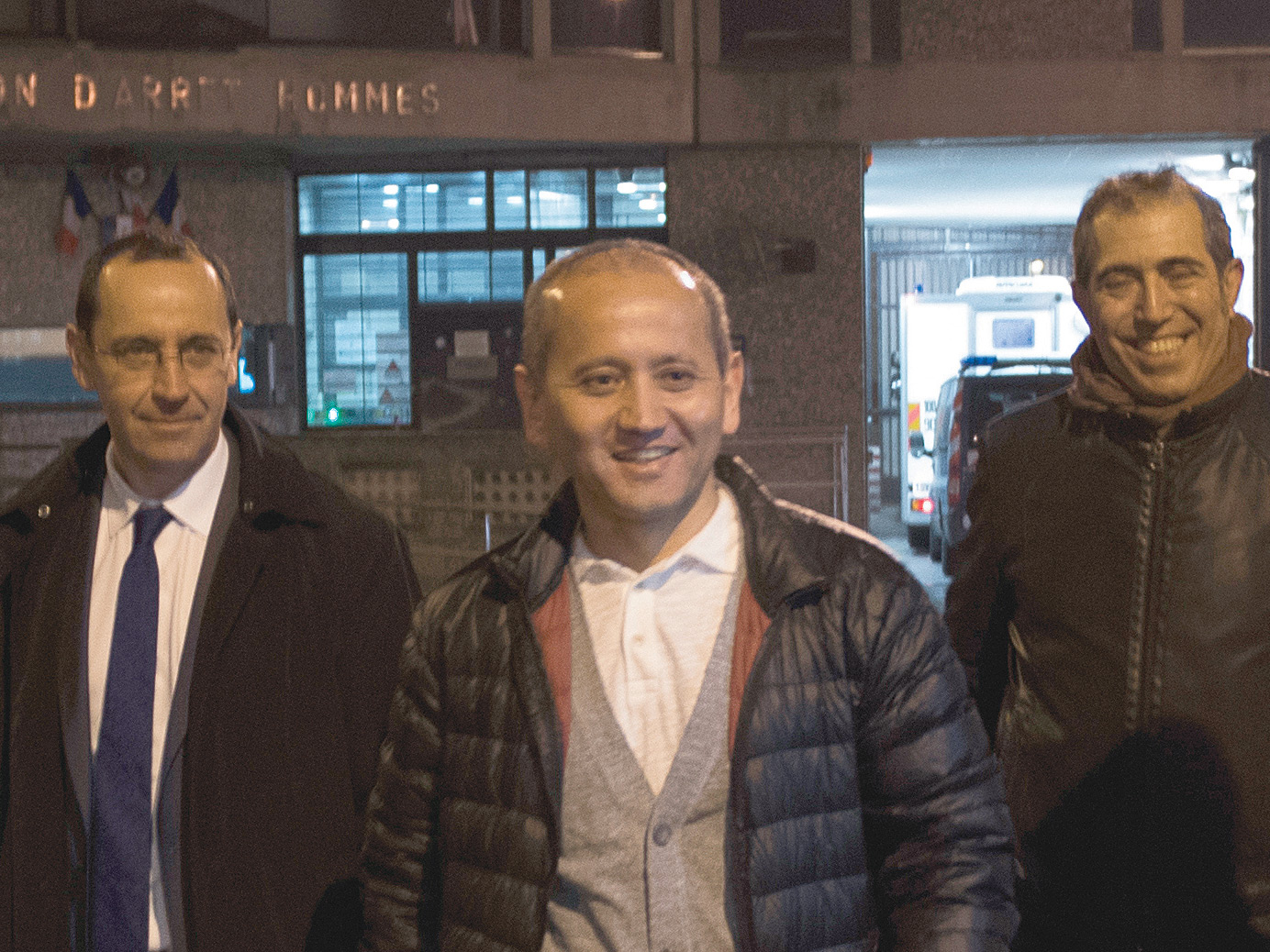

PARIS: Kazakh opposition figure Mukhtar Ablyazov was released from prison late on Friday after France’s highest administrative authority blocked his extradition to Russia, where he is accused of embezzling billions of dollars. The 53-year-old Ablyazov, who has been held in French custody since July 2013 when he was arrested on the Cote d’Azur, walked out of the Fleury-Merogis prison in a Paris suburb smiling, an AFP photographer saw. Kazakhstan, Russia and Ukraine all accuse him of having embezzled billions of dollars during his time as head of the Kazakh bank BTA. The bank has also filed complaints against him.
But his defence team argued that he would not get a fair trial in Russia, a position supported by the UN’s special rapporteur on torture, Nils Melzer.
On Friday, France’s Council of State annulled the extradition order against Ablyazov judging that the request from Russia was “political”.
“Mr Ablyazov is an opponent of the political regime in Kazakhstan and has been recognised as a political refugee by the British authorities,” the Council of State said in a statement.
“This is a decision which strongly defends the principles of French justice,” said Jean-Pierre Mignard, one of the Kazakh oligarch’s lawyers.
The BTA bank said it was shocked by the decision not to extradite Ablyazov, arguing that the French body had “chosen not to authorise Mr Ablyazov to answer for criminal acts in front of Russian justice”.
But Melzer said in a statement on Wednesday that, if Ablyazov was extradited to Russia, there was a good chance the authorities there would pass him on to Kazakhstan.
In Kazakhstan, there was “serious reason to believe that Mr Ablyazov risks being subjected to torture”, he added.
The European Court of Human Rights had ruled against Russia several times for sending people to countries where they risked being tortured or ill-treated, he pointed out. —AFP
Oman Observer is now on the WhatsApp channel. Click here



